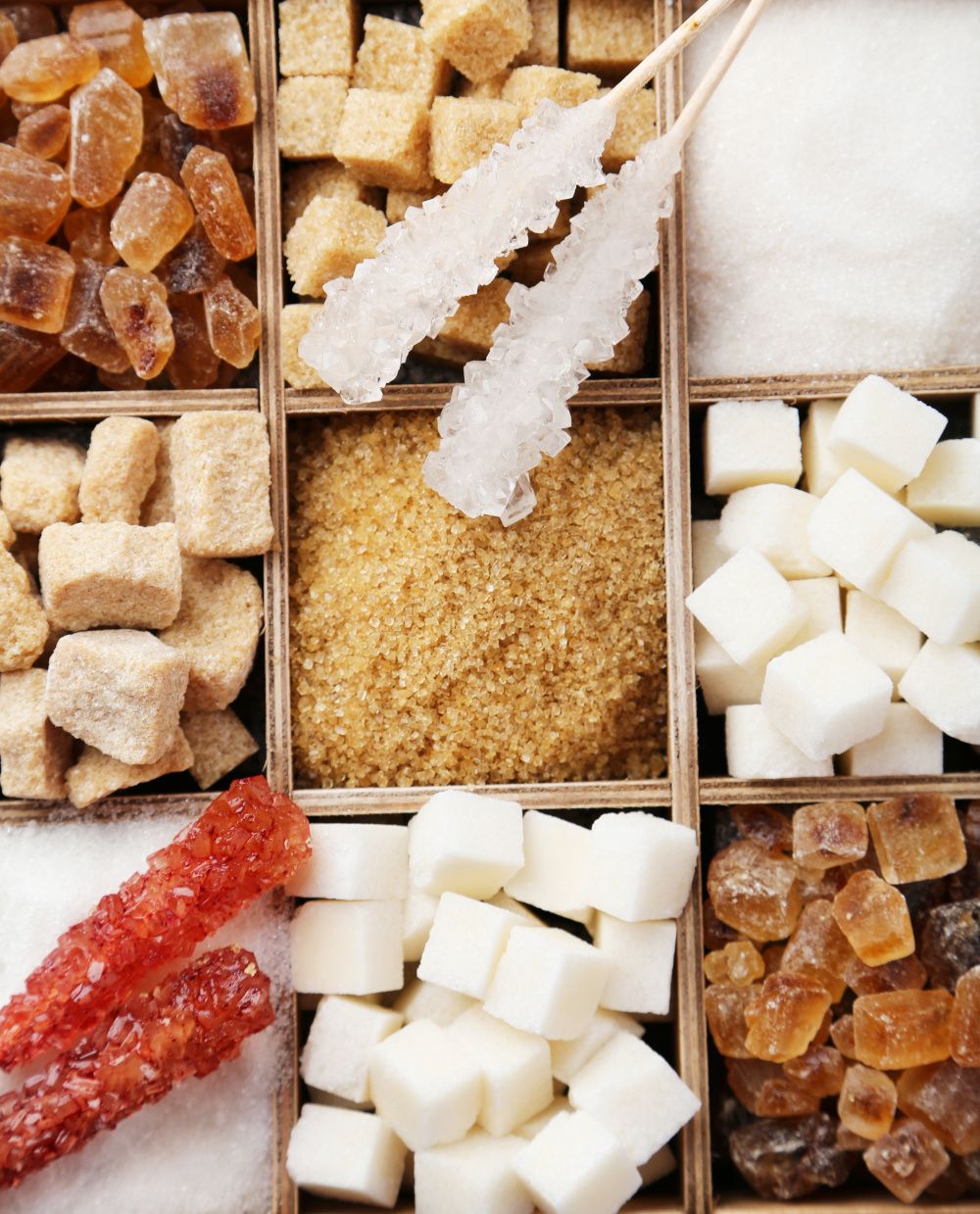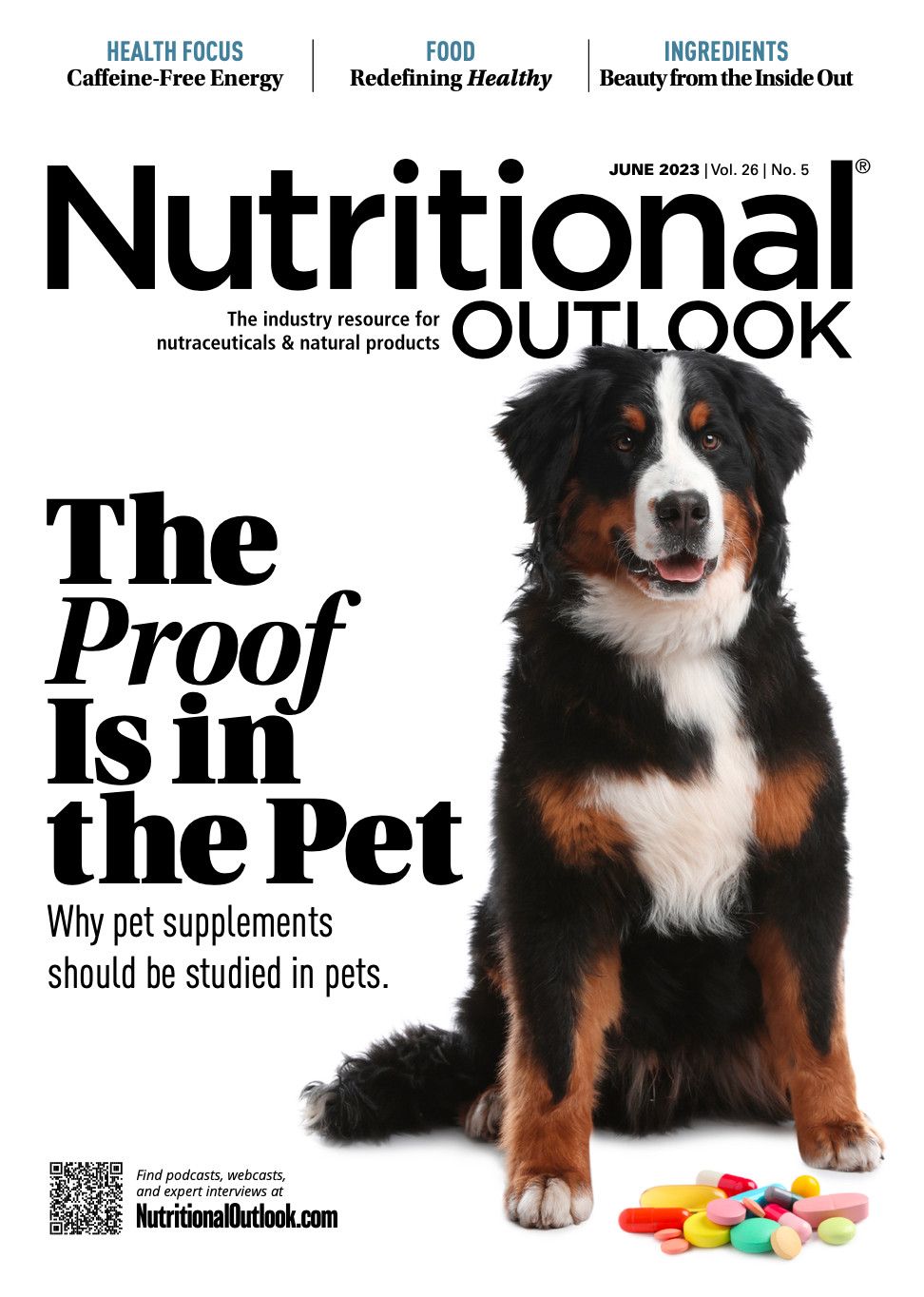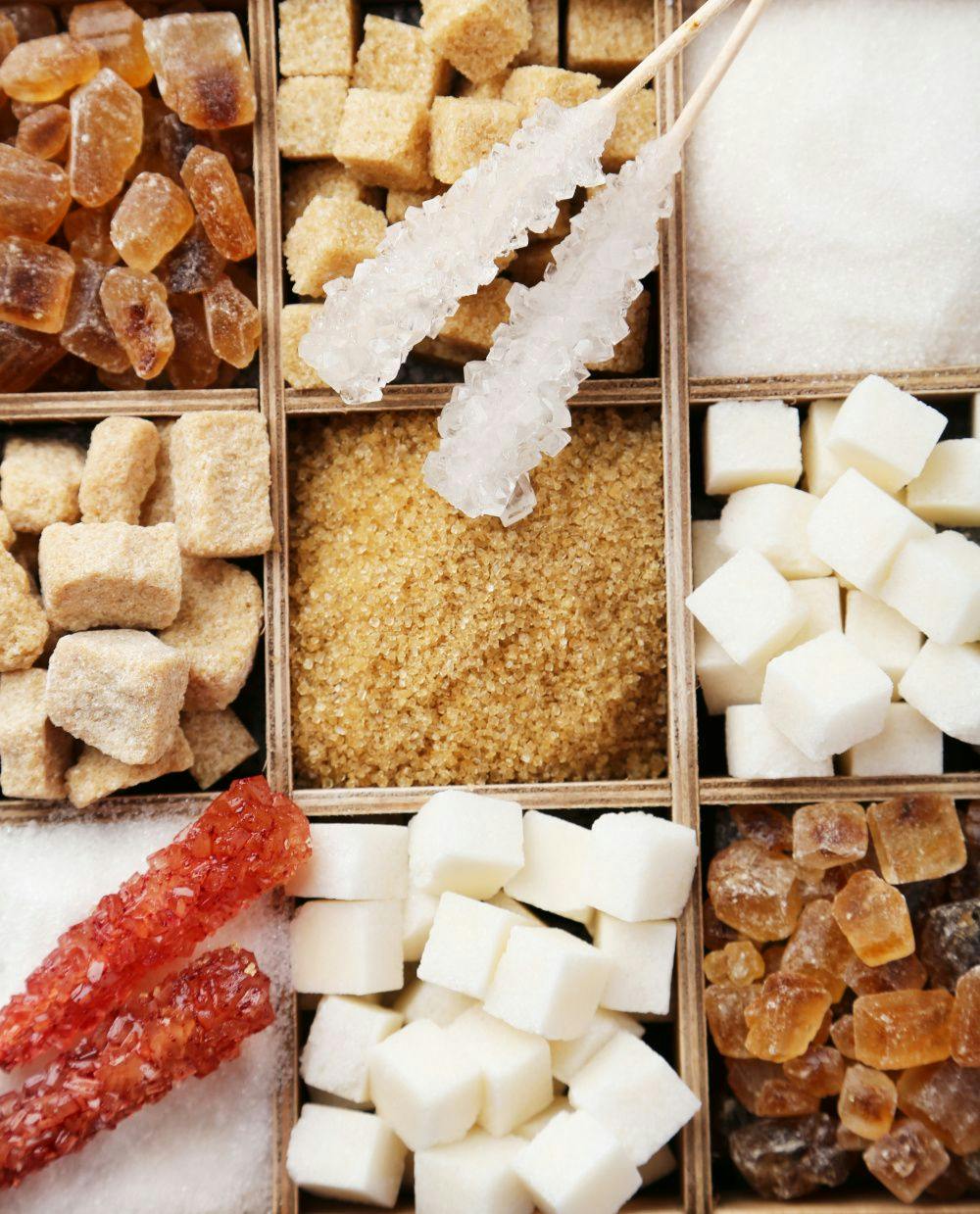Alternative sweetener options grow as consumers demand less sugar
Consumers are actively reducing sugar in their diets, but that doesn’t mean they don’t want sweetness.
© 5second / Stock.adobe.com

When you peruse a Nutrition Facts label, what’s the first thing you look for? One guess: the sugar content. If that’s the case, you’re in good company. According to the International Food Information Council’s (IFIC) 2022 Food and Health Survey, 73% of Americans are either trying to limit or avoid sugar in their diet, and 67% are avoiding added sugars. In fact, according to this same survey, “low in sugar” is one of the top attributes associated with healthy food, just behind “fresh.”
A sweetener-claim impact study sponsored by Cargill in 2022 offered similar insights, with 62% of American shoppers reporting that they are likely to check the amount of sugar before purchasing a product. But the study also found that shoppers were more likely to check the sugar content of prospective products rather than search for a specific type of sweetener in a product. So, is this bad for alternative sweeteners such as stevia and monk fruit? Not necessarily.
“More than anything, it highlights how important sugar content has become to consumers,” says Carla Saunders, Cargill’s senior marketing manager of high-intensity sweeteners. “Today’s shoppers are more aware of how much sugar they’re consuming—especially given recent label changes.”
This awareness of sugar content and the desire for less or none of it is in fact a huge opportunity for alternative sweeteners, which remain an important tool for sugar reduction, whether consumers are looking for it or not. “Stevia is one of the leading ingredients that can help brands limit sugars, and it may be used across many food and beverage applications. It’s also perceived positively by consumers, another reason why we continue to see high demand for this sweetener,” Saunders says.
Citing figures from Nielsen for the year ending December 3, 2022, Saunders continues: “In the U.S., retail sales of stevia-sweetened foods and beverages totaled nearly $4.6 billion in 2022, and they are growing at a CAGR of 14% (2018-2022). That’s a pace that outperforms category growth by 3-5 times and shows no signs of slowing.”
Other sweeteners such as monkfruit and erythritol are seeing high dollar growth as well. According to NielsenIQ Product Insight data, extended all-outlet combined, in the 52 weeks ending February 5, 2022, monkfruit saw 70% sales growth and erythritol saw 40% sales growth, compared to two years ago. IFIC’s 2022 Health and Food Survey states that Gen Z and millennials are more likely to prefer low- or no-calorie sweeteners compared to Gen X and Boomers. That said, claims such as “‘no artificial sweeteners,’ ‘made with a natural sweetener,’ and ‘no sugar added’ all rise to the top, regardless of demographics,” explains Saunders, citing Cargill’s claim-impact study.
What’s paramount, however, is taste and texture. Consumers are no longer willing to compromise on these aspects when it comes to sugar reduction and the use of alternative sweeteners. “Without question, taste is king,” says Saunders. “Today’s consumers have high expectations. They want products that taste great and have appealing textures and mouthfeel—and they’re also paying closer attention to the Nutrition Facts panel. Improved ingredient technology allows brands to deliver on both asks, enabling deeper reductions in sugar across a broad range of applications while also creating products with better taste.”

Prinova acquires Aplinova to further increase its footprint in Latin America
April 7th 2025Prinova has recently announced the acquisition of Brazilian ingredients distributor Aplinova, which is a provider of specialty ingredients for a range of market segments that include food, beverage, supplements, and personal care.

.png&w=3840&q=75)

.png&w=3840&q=75)



.png&w=3840&q=75)



.png&w=3840&q=75)
















